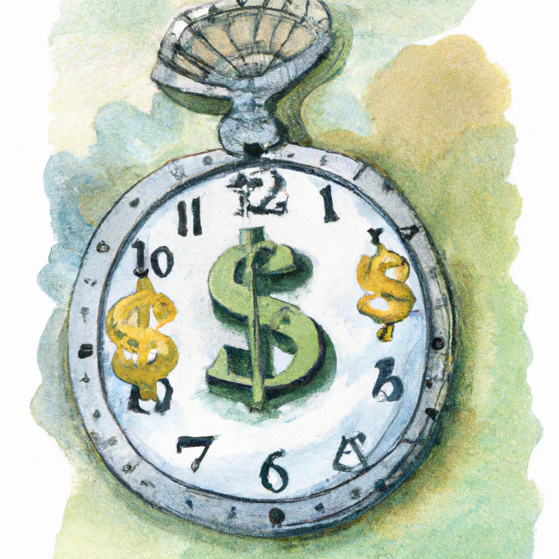Work is optionality over your time
My software engineer friends sometimes confess: “I only work 4-5 hours a day. I work on the tickets that are assigned to me. Then I either stay around online or go on with my day”. The first time I heard this, I was quite surprised, almost envious. They would continue: “Nobody complains and I’m doing what is asked of me. If other people take more time, it’s their problem, I guess I’m more efficient”. This is a common argument.
At the end of the day, what’s important is that you bring value, and you meet the expectations set on you. It made me reflect on our relationship with work.

Of course, there are many good things about this set up. More time for yourself and for “other” things. In case you want it, in case you need it. More time for things that you care about.
But wait. That’s it. Isn’t that a problem?
At least for me it is. The older I get, the more urgency I feel over my time. Work is where I spend a third of the time that I am awake during the week. And probably that is also the time in which I have the most energy. Between getting ready, cooking, shopping, and winding down in the evenings, I feel like working is taking the best of my day. This makes me very critical and reflective of what I am working on.
We should strive for better, especially if working in an industry like tech where you have high optionality over choosing your employer or specific industry. If you can decide, shouldn’t you decide to spend time in a place you love?
We shouldn’t be content with a transactional relationship. In many respects we are going towards the Uberification of work. A setup in which you are paid for tickets/tasks you complete. A lot of us are already in this situation whether we realize it or not.
From the employer point of view, this situation is also awkward. You want people to care and spend time on your work. Some employers want you to just be present somewhere and do some work. Other employers realized that the important thing is getting a specific outcome. I’d argue that we got it wrong. The employers don’t pay you for a specific outcome. 40 hour contracts are not only remnants from an older system. Employers pay you for the optionality over your time.
Being focused on outcomes can have two side effects. On the one hand, it can limit the scope and ambitions of the team. On the other hand, and most importantly, focusing on outcomes can make you not focus on productivity and process optimization. This can result in a process not evolving as it could.
Work is optionality over your time. And time is the scarcest resource we have, we will never have more than we have now. We should make the most out of it. Whether it results in you contemplating how you want to spend it at work or your employer rethinking how to make the most out of it, let’s reflect on it. Think about time.